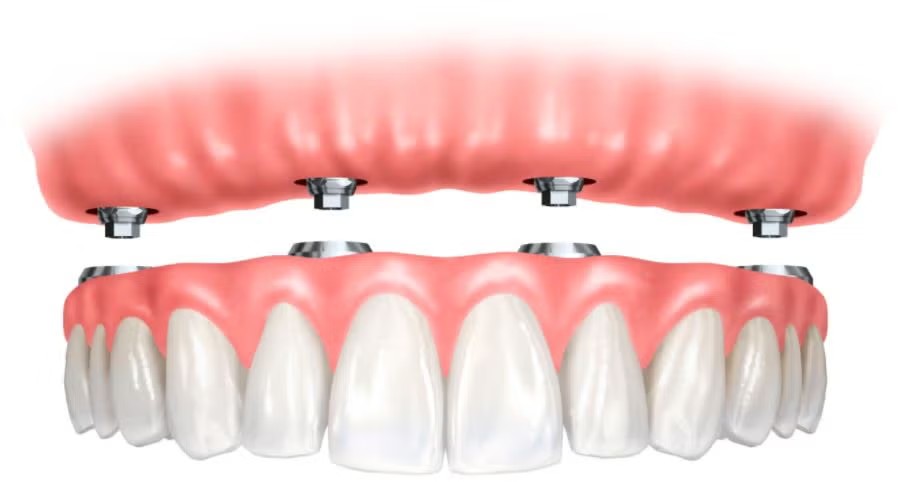Understanding The Ethics Of Primary Care Medicine

Primary care is a critical aspect of our health system. It is the pillar on which our well-being rests, as pivotal as a compass guiding a ship in the vast ocean. Yet, it is not just about providing treatment or preventive services. An equally important part is ethical considerations. When we say ‘primary care mckinney tx,’ we refer not only to medical facilities or health providers. We also mean the ethical commitments these entities uphold—the da Vinci of healthcare that merges art, science, and morality. This post will delve into understanding these ethics in primary care medicine.
The Core of Primary Care Ethics
Primary care ethics is about putting patients first. It means respecting their rights, needs, and values. It is about caring for patients as individuals, not just treating their symptoms. It is also about being honest, open, and trustworthy. It means keeping patients’ information confidential and making decisions in their best interest.
A Comparison Between Ethical and Non-Ethical Practices
It is often helpful to contrast ethical practices with non-ethical ones. This way, we can better understand how they impact primary care.
| ETHICAL PRACTICES | NON-ETHICAL PRACTICES |
|---|---|
| Respecting patient autonomy | Ignoring patient’s wishes |
| Open communication | Withholding information |
| Putting patients’ needs first | Putting financial gain first |
| Keeping information confidential | Sharing information without consent |
| Making decisions in the best interest of patients | Making decisions based on convenience |
The Importance Of Ethics In Primary Care
Ethics in primary care is of utmost importance. It sets the standard for how healthcare providers should behave. It ensures that patients get the best possible care. It also builds trust between patients and healthcare providers. In fact, the American Medical Association (AMA) has a code of ethics that all healthcare providers must adhere to.

Ethics in primary care creates a healthcare system that is fair, respectful, and compassionate. It promotes equality and dignity for all patients. It also ensures that healthcare providers stay accountable for their actions. In short, ethics in primary care is vital for a healthy healthcare system.
Indeed, primary care is not just about treating symptoms or preventing diseases. It is also about upholding ethical commitments. It is about treating patients with respect, honesty, and compassion. It is about putting patients first and making decisions in their best interest. It is about creating a healthcare system that is just, fair, and compassionate.








